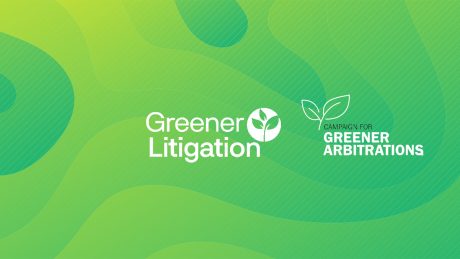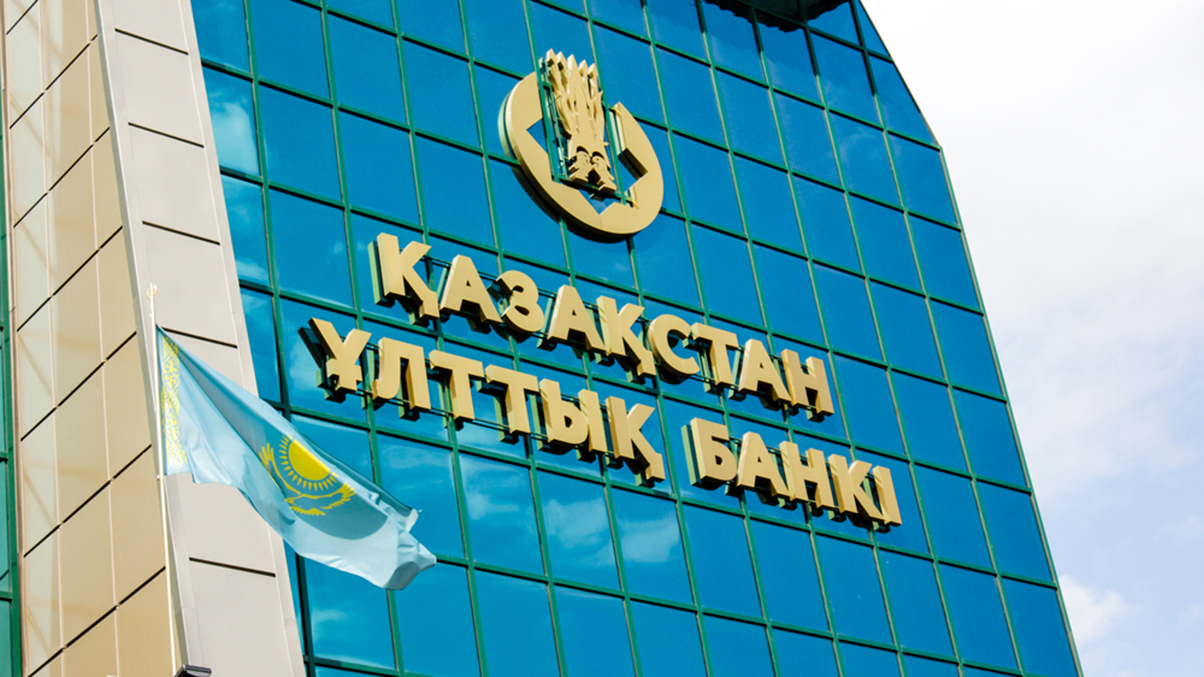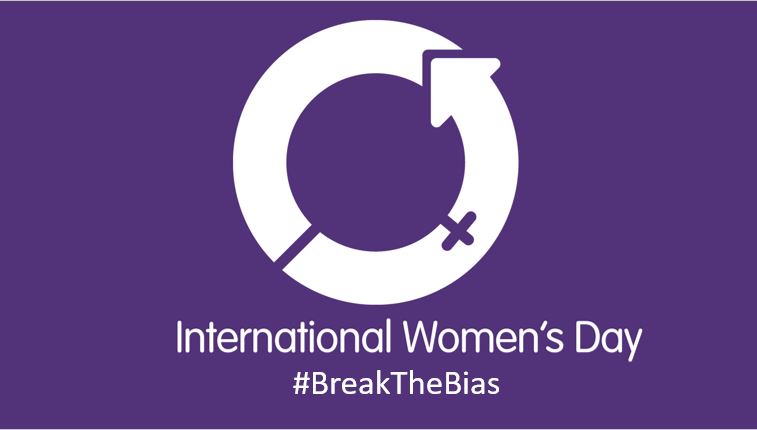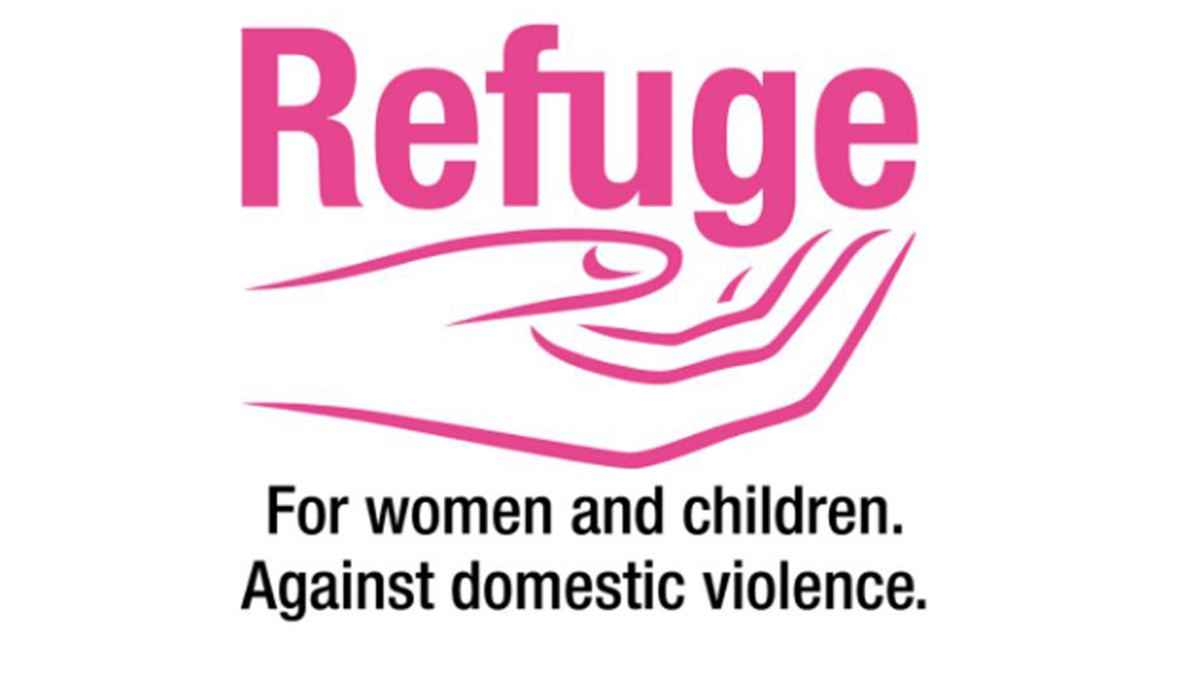Stewarts has signed the Greener Litigation and Greener Arbitration Pledges, to commit to pursuing our clients’ litigation and arbitration business in an environmentally conscious way.
Both of these pledges require a commitment to review ways of working and take action to help reduce the environmental footprint of the dispute resolution sector.
Examples of meaningful action include:
- considering green modes of transport for court hearings
- reducing unnecessary travel by use of video link for witness evidence where appropriate
- limiting the use of paper files and hearing bundles when possible
As of March 2022, there are now over 1,000 signatories to the Greener Arbitration Pledge, and 60 companies signed up to the Greener Litigation Pledge. Signatories are from around the legal industry, including arbitrators, law firms, barristers’ chambers and suppliers of legal services. We would encourage others working within the industry to do the same.
The pledges are part of a broader ESG commitment by Stewarts over the coming year. We are conducting an internal analysis of our current policies and processes and developing a set of measurable targets to track our progress towards each of our policy commitments over time.
Julian Chamberlayne, KM & Compliance partner at Stewarts commented: “Minimising carbon footprint is one of the most important challenges facing the legal sector. Stewarts are fully committed to the Greener Litigation and Greener Arbitration Pledges and we are engaging with our staff and those we work with to convert the commitments into positive action.”
More information on the Greener Litigation Pledge can be found here, and more information about the Campaign for Greener Arbitrations can be found here.
Legal Sustainability Alliance
Stewarts joined the Legal Sustainability Alliance in 2019 and immediately identified some quick wins to take meaningful steps towards achieving our goals.
We have removed all single-use plastics from our kitchen facilities in favour of bamboo and bio-degradable cutlery. We no longer have disposable cups in our kitchens and instead opted to supply each member of staff with their own KeepCup.
Waste streams have been split so that we can ensure the easy separation of food waste from general recycling. 79% of our waste is recycled or composted. The remainder is converted to energy at a waste to energy plant.
Paper-light
Paper usage is one of the most environmentally damaging aspects of legal business. Manufacture, delivery, printing and the energy used in recycling all have a negative impact on the environment. We cannot eradicate paper in the legal sector just yet but we can minimise the use of it.
We have invested heavily in technology to greatly reduce the printing of paper documents. All of our lawyers use folders within an electronic document management system as their main file for each of our cases. Not only does this save a huge amount of paper, but it also equipped our lawyers to work remotely during the pandemic. They can also create electronic files and bundles for sharing with our clients, barristers, experts and the court via a secure file sharing portal. We have also shifted many of our library resources from print to on-line subscriptions. We use DocuSign to enable legally enforceable documents to be signed electronically, without creating any paper copies.
We are not completely free of paper but we have made great progress.
Big Team Challenge 2022
In February and March 2022 all of our staff were encouraged to take more active modes of travel by competing in a firm-wide team steps challenge. Not only has this meant the firm as a whole has been more active, but have made an effort to walk, run or cycle where they can.
Stewarts’ social impact and environmental policy
Social responsibility is embedded in the ethos of the firm. We see it as an opportunity to contribute to the wider community and enrich the lives of our staff.
Our environmental policy focuses on how we are taking steps to reduce our negative impact on the environment. At Stewarts we are committed to reducing the environmental impact of our business. We are continuously looking at ways to reduce our carbon footprint and improve our working practices and product procurement processes.
You can find further information regarding our environmental policy here.
If you require assistance from our team, please contact us.










